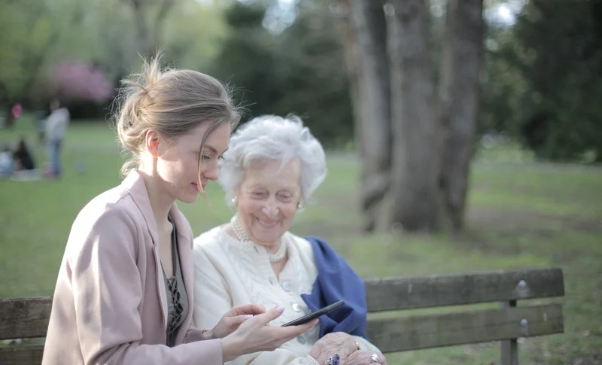Many people can't wait to get out of the rat race as soon as they can after they've built up their skills. Whether you follow the Financial Independence, leave Early (FIRE) movement, or want to leave at 62 a little earlier, you must plan for the years you will spend in retirement. Your money is indeed the most important thing you can handle, but there are also many other things you should think about. If you want to retire younger than most, you must take a few steps and watch out for a few dangers.

Figure out what you'll do with your time:It's possible that, contrary to what you might think, you'll need help figuring out what to do with all of your new free time. This is a common complaint from people who have just started their retirement years. Some people may be surprised that they miss the rhythm of their workdays and their relationships with their coworkers after leaving their jobs.Set up a sustainable income:Once you've chosen a way to live, the next step is to figure out how to make enough money to keep living that way for the near future. It not a problem if you live alone or party like a rock star; this saying still applies to both ways of living.Line up post-retirement health care:Since you can't get Medicare until you're 65, you'll need to find other health insurance if you want to retire before then. On the other hand, most people will choose to sign up for a state-run healthcare program because it is less expensive. But in situations like this, there are often costs involved.Prepare for the unexpected:Your plans for how to spend your retirement savings shouldn't put you in such a dire financial spot that if something unexpected came up, you'd have to file for bankruptcy. Make a budget that includes money for "unexpected" expenses, like routine maintenance, fixes to your home or car, or the rising cost of medical care. Since it's hard to know all the possible costs, it's essential to start saving money as soon as possible.Benefits and Retiring at Age 62:Most seniors can get their total Social Security income at age 62. This is because the amount of money you get from Social Security will be less if you start getting it the same year you turn 62 than if you wait until a later age.Usually, you can only get the total amount of your regular payment once you hit full retirement age, which is usually between 66 and 67 years old. Only people at least 70 years old are qualified for the biggest prize. If you start getting benefits at age 62 instead of waiting until you are 67, when you can get the total amount, you will get less.
0
Can You Retire and Keep Working at Age 62?
Even if you want to keep working after you turn 62, you are legally allowed to quit. With that said, there is a catch. Suppose you are getting Social Security benefits but have yet to hit the age at which you can get full retirement benefits. In that case, the Social Security Administration has set a cap on how much money you can make without hurting your benefits. Your Social Security payments could decrease if you make more than a certain amount each year.Consider what it will mean for your overall income if you keep working while getting help, even if it might make it harder for you to pay your bills. Some people may like the idea of easing into retirement over time while still working.Should You Delay Social Security Instead:On the other hand, there are times when it might be better for you to wait to start getting Social Security payments. If you start getting Social Security income once you're 70, the money you get each month will go up by 13%.You should know that the money you make after you hit retirement age, could cause your Social Security payments to go down. If you leave at 66 or 67, you won't have to worry about your benefits being cut because you don't make enough money because you won't be exposed to that cut. On the other hand, your benefits could be cut if you make less money before you hit the full retiring age.Social Security And The 5-Year RuleEarly retirees should familiarize themselves with the Social Security 5-year rule as soon as feasible. You must have paid Social Security taxes for at least five years prior to submitting an application for retirement benefits. Those who intend to retire at age 62 should apply for Social Security benefits three months before their 62nd birthday.
If you wish to retire early, you should be aware that the value of your benefits may decrease. If you decide to retire at 62 instead of 67, you might see a 30 percent decrease in your benefits. However, your benefit payments will be spread out over a significantly extended duration.
The Downside Of Retiring At 62Even though there may be benefits to quitting at age 62, it is essential to know the possible drawbacks. The most significant change is that people will get less money from Social Security. There is also a chance that your medical bills will be higher before you turn 65 and become eligible for Medicare.To help pay for these costs, annuities or other savings can be added to Social Security payouts. An annuity is a way to ensure you get a set amount of money every month, while savings can be used to pay for unexpected costs.Conclusion:No magic recipe will let you retire at age 62 and still live comfortably. The two most important things someone can do to ensure they are financially stable are to save money regularly and carefully plan for the future. Social Security is an integral part of the system, even though it only makes up a very small part of the whole. If you are deciding whether or not to start getting Social Security payouts at age 62, think about the pros and cons of doing so.




